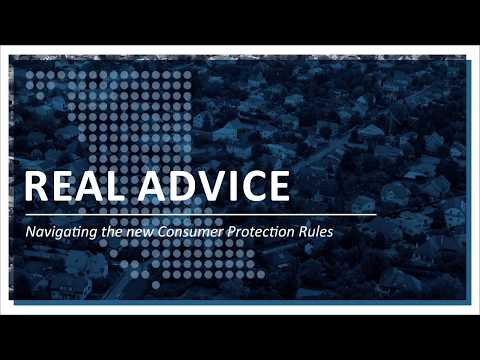Printed . This content is updated regularly, please refer back to https://bcfsa.ca to ensure that you are relying on the most up-to-date resources.
Real Advice E-News Issue 11 (March 2, 2018)
Select the section you’d like to navigate to.
Real Advice is a weekly e-newsletter helping licensees prepare for regulatory changes.
March 2, 2018
Agency Basics
When the new rules from the Superintendent of Real Estate come into effect on June 15, 2018, dual agency will be banned in BC — except in very rare cases. To understand WHY the rule was created, and HOW the ban on dual agency will increase consumer protection, it’s useful to go right back the beginning, and think about agency duties.
Throughout the month of March, we’ll be taking a deep dive into the topic of agency, looking at questions like “What are the special legal duties an agent owes to their client?” and “How is an agency relationship created?” As you prepare for the changes ahead, it is a good idea to make sure you have a solid grounding in these fundamentals.We’re kicking off our investigations into agency this week with a brief video from two of the instructors in the Real Estate Pre-licensing course at UBC: real estate lawyer Bruce Woolley, Q.C. and Devin Kanhai, Associate Director, UBC Real Estate Division.
Ask Yourself This Key Question
Understanding your duties as an agent starts with knowing the answer to this question: “Who do I work for?”
If you said “myself” – think again! As a real estate licensee, you work for your clients, and your actions and decisions must always be taken with their best interests in mind.
As a licensee, you have a duty of loyalty to your client. And that duty creates other obligations, including:
- the duty of confidentiality;
- the duty not to act in a conflict of interest;
- the duty to obey all lawful instructions of the client; and
- the duty to make full disclosure of all material information.
Loyalty means that your client’s interest must come before anyone else. It means keeping confidential information confidential, which is any information that could affect your client’s bargaining position.
Understand the Agency Relationship
So how do you become the agent for your client?
The obvious answer is: through a contract – such as a Listing Agreement or Exclusive Buyer’s Agency Contract. But keep in mind that an agency relationship may be created by conduct, when a licensee’s actions lead the consumer to believe that the licensee is acting as their advocate. This is sometimes called “implied” agency.
Giving a consumer advice can create an agency relationship that you didn’t intend – so be sure that you are clear with yourself and with consumers about who your client is.
Your Source for Information on Rule Changes
Visit RECBC’s website for information and advice about how to comply with the new rules in many common scenarios.
Published on Mar 02, 2018
